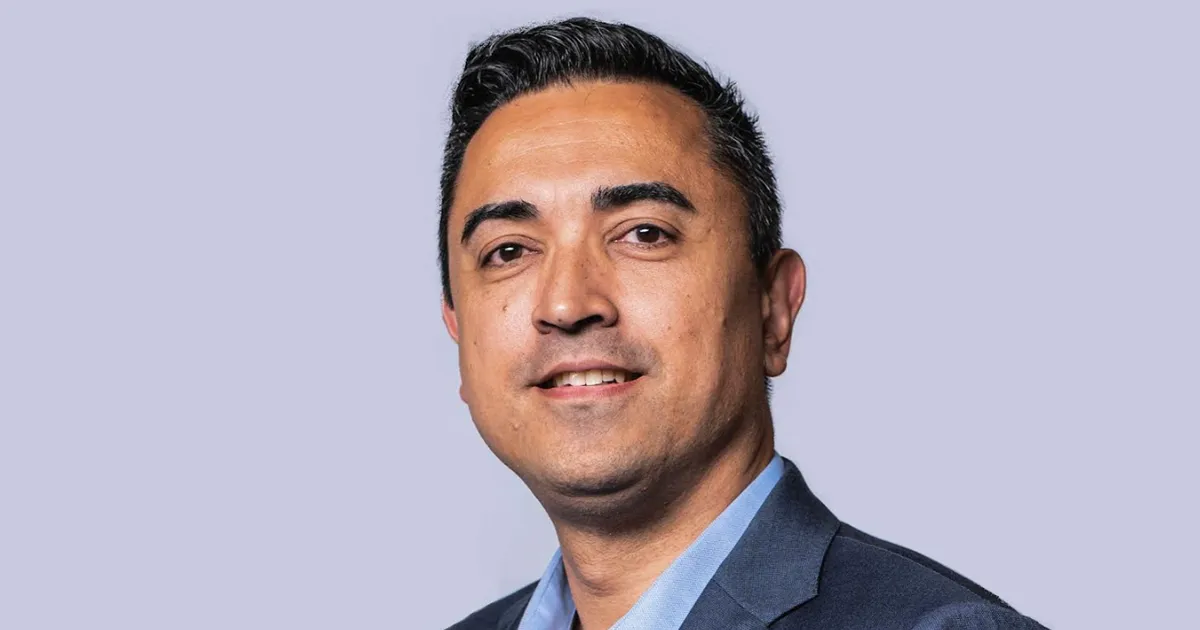Björn Fuchs: “The state uses gambling tax as an ATM”
In his recently published column for Casino News, Björn Fuchs has sharply criticized a well-known voice within the Dutch gambling industry. Fuchs lashes out at the Dutch government’s plans to increase gambling tax by 25%. According to Fuchs, this measure will not only be harmful to the gambling market. But also to society at large, which will have to bear the negative consequences of this decision.
Fuchs: “An ATM for political hobbies”
Björn Fuchs starts his column with a hard analysis of current Dutch government policy. He compares it to a “democratic game of chance” in which political promises often turn out to be disappointments for citizens and companies. In particular, he criticizes the use of gambling tax as an “ATM” to finance other political goals. He writes: “The proposed increase in the gambling tax unfortunately fits in seamlessly with this. For years, this tax has been used as an ATM to cover other political objectives or hobbies. A percent here, a percent there, grab it.”
Fuchs emphasizes that this tax increase actually amounts to a significant increase in the pressure on legitimate companies that already have to meet strict conditions to retain their licenses. According to him, the negative rhetoric surrounding the gambling industry has painted an incorrect picture of the sector as a whole. “Blinded by the aforementioned social, Christian-Marxist rhetoric, a supposed image of demonic, devilish online gambling companies that bring hell and damnation has been painted in recent years,” says Fuchs.
The threatening consequences for the market
Fuchs warns in his column that the proposed tax increase will have disastrous consequences for the entire gambling market, including physical casinos and slot machine operators. He points to the news that Holland Casino was in the red in the first half of 2024, and states that a further increase in taxes will only worsen the situation. “For example, the gaming machine industry has been bleeding for years. With calluses on their souls and driven entrepreneurship, these providers have been fighting for years to keep their heads above water,” Fuchs writes.
Fuchs’ concerns go beyond the financial impact. He predicts that an increase in gambling tax will lead to an increase in illegal gambling activities, which in turn will result in more gambling addiction and crime. He states sharply: “Fewer providers and less supply will not lead to less demand. The Dutch consumer will largely seek his or her salvation elsewhere, with illegal providers.”
Fuchs’ appeal to the government
In his column, Fuchs calls on the government to reconsider the increase in gambling tax, and instead strive for a healthy and regulated gambling market in which companies can operate safely and responsibly. He concludes with a strong warning to policymakers: “Politicians who think they can generate more income by increasing the gambling tax will be confronted with lower revenues from this tax and higher social costs. Citizens and the business community will ultimately pay for those costs.”


